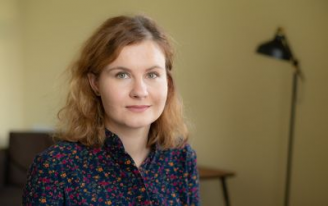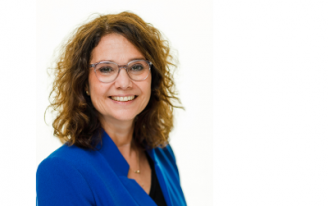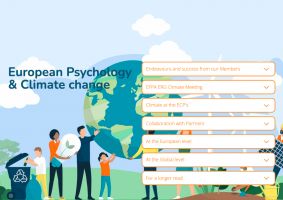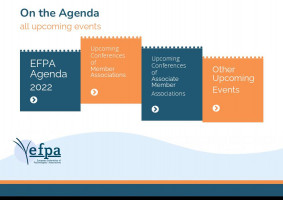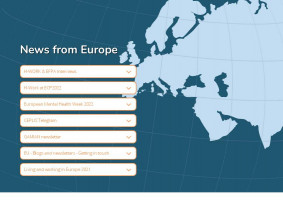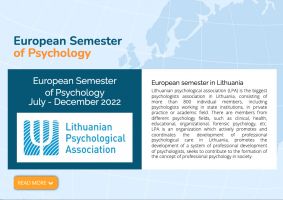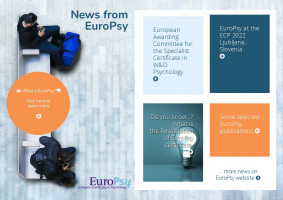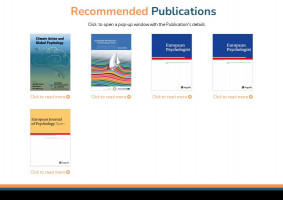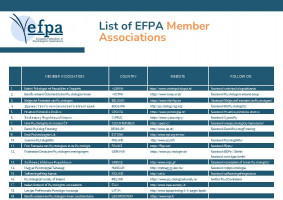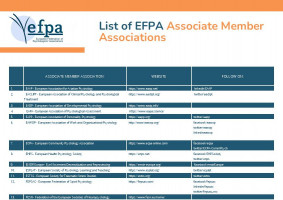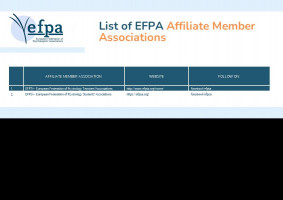News from
Member associations
News from
Associate Members
News from
Affiliate Members

Austria
Interim report "Healthy out of the crisis": over 5,000 children and young people registered. August 2022
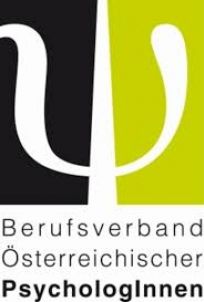
Interim report "Healthy out of the crisis": over 5,000 children and young people registered
August 17, 2022
Source : https://www.boep.or.at/aktuelles/detail?news_item_id=62fc99583c15c8147c00001f
The "Healthy Out of the Crisis" project, which started on April 1st in cooperation with the ÖBVP, quickly picked up speed: after just four months, over 5,000 children and young people had registered. With the participation of 736 clinical psychologists, health psychologists and psychotherapists throughout Austria, 15 free (funded) treatment units per child/adolescent can be offered quickly. It has once again been possible to roll out such a low-threshold service quickly and to offer professional help.
Why is there the "Healthy Out of the Crisis" initiative?
Mental symptoms have become overwhelming, especially among young people in Austria, since the beginning of the Covid 19 pandemic. More than half of all children, adolescents and young adults who have not yet reached their 22nd birthday are affected by depressive symptoms, almost every second young person suffers from sleep disorders and around a third is affected by anxiety symptoms. 16 percent even have recurring suicidal thoughts.
The "Healthy Out of the Crisis" project is being implemented by the Professional Association of Austrian Psychologists (BÖP) in close cooperation with the Austrian Federal Association for Psychotherapy (ÖBVP) .
We are convinced that the implementation of this pioneering project, as well as the projects "We strengthen strengths" and "#change" is necessary in order to improve mental health care and be able to provide quick help. Here we live up to our motto "Psychology helps!" once again.
If you have any questions about the project, the project team is available at projektteam@gesundausder Crisis.at .
All information about the project can be found at https://gesundausderkrise.at/.

Denmark
For the first time a psychologist is given overall responsibility for a clinical department in hospital psychiatry. August 2022

With the employment of specialist psychologist Louise Schwartz as head of department for Child and Adolescent Psychiatry in South Jutland, it is the first time that a psychologist is given overall responsibility for a clinical department in hospital psychiatry. One of her goals is to build bridges between professional groups and paradigms.
But with her employment, Louise Schwartz believes that she can help to fertilize the ground so that there will be more psychologists in positions like hers.
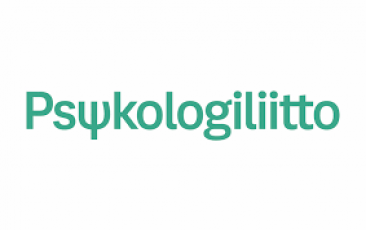
Finland
The treatment guarantee does not cover mental health services to a sufficient extent. June 2022
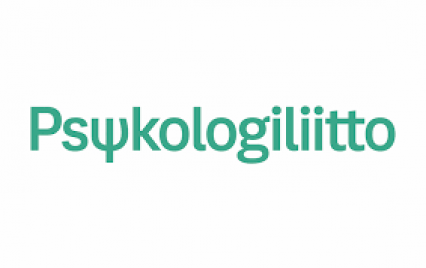
Finnish Psychological Association: The treatment guarantee does not cover mental health services to a sufficient extent
June 22, 2022
The Finnish Psychological Association states that the government's proposal on the care guarantee does not ensure adequate mental health services. The bill does not mention direct consultation of psychologists as part of primary health care at all. At the same time, the reform of the Mental Health Services Act must take account of multidisciplinarity.
The seven-day guarantee of treatment proposed by the government does not adequately cover mental health services. The proposal excludes from the guarantee of care treatment under a treatment plan for mental disorders, such as psychotherapy and other psychosocial treatments.
In the public debate on the guarantee of treatment, it has been raised that the seven-day guarantee of treatment would apply, for example, to direct consultations with a psychologist. Unfortunately, however, neither the bill itself nor its explanatory memorandum mentions psychologists as part of primary health care.
In its opinion, the Psychologists' Association states that the bill emphasises short therapies based on methodological training in primary care, but in practice excludes the guarantee of treatment by trained professionals. The definition in the bill is therefore rather vague as to what such brief therapies mean in practice and who and on the basis of what training could provide them.
On 17 June, Jari Lipsanen, President of the Finnish Psychological Association, was an expert at a hearing of the Parliamentary Committee on Social Affairs and Health on the care guarantee. He stressed that mental health care cannot be left to methodological treatments targeted only at specific symptoms.
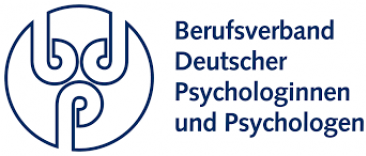
Germany
- The German BDP – Berufsverband Deutscher Psychologinnen und Psychologen e.V. celebrates 100th anniversary of school psychology in Germany. October 2022
-
BDP in conversation with Dr. Valeriia Palii, President of the Ukrainian Professional Association of Psychologists. August 2022
- International Youth Day. August 2022
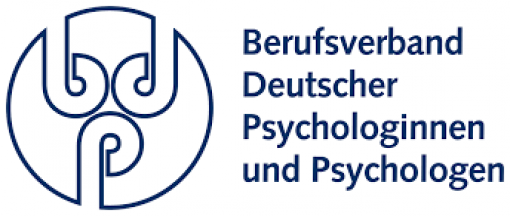
The German BDP – Berufsverband Deutscher Psychologinnen und Psychologen e.V. celebrates 100th anniversary of school psychology in Germany
October 14, 2022
Source : BDP website
School psychology in Germany turns 100 this year. It has been a whole century since the first school psychologist, Dr Hans Lämmermann, started his service in the city of Mannheim in 1922.
Today, it is impossible to imagine Germany's schools without the work of school psychologists. The need for professional psychological support is growing immensely in times of multiple crises, especially in the context of schools.
A look at other EU countries shows that Germany has a lot of catching up to do. In Germany, for example, there is on average only one school psychologist for 5,400 pupils (as of September 2022, survey by the School Psychology Section of the BDP). Even in a nationwide comparison, there are significant fluctuations, between 1:3,500 in Mecklenburg-Western Pomerania, Berlin, Hamburg or Bavaria and 1:9,000 in Brandenburg or Lower Saxony.
In other countries, things look better in this respect: Switzerland, for example, aims for a ratio of 1:500, Denmark 1:800, Estonia 1:690.
‘Shortage of school psychologists’: see ZDF television report here
Today, August 19, is World Humanitarian Day! As an international community, today we remember all those who have died while providing support as humanitarian workers in crisis areas.
To mark the occasion, BDP President Dr Meltem Avci-Werning spoke with the President of the Ukrainian Psychology Association, Dr Valeriia Palii. Both associations are member organisations in the Global Psychology Alliance (GPA).
Dr Palii movingly describes her experiences of the last few months, how she and her staff were exposed to a completely new reality in the face of the war of aggression and had to adapt their way of working. She talks about citizen activism and how it can strengthen the resilience of her people and give them a sense of control.
International Youth Day - The world is complicated! Where is it going please?
August 8, 2022
The Professional Association of German Psychologists (BDP) demands that more psychology be brought into schools be able. Feelings of security are gone and give way to existential fears that are difficult to grasp. In addition, there are new challenges from an increasingly digital world in which we all have to learn to distinguish between “real” and fake news.
One thing is clear: we must give children and young people the tools they need not only to cope in the world of tomorrow, but also to help shape it actively and responsibly.
In this context, the subject of psychology is of particular importance: Pupils learn how we humans process information, how we form knowledge and opinions and which factors influence social interaction. You learn to reflect on your own behavior and that of others and to understand it better. You can develop scientifically sound ways of thinking and arguing early on and understand that knowledge can be built up independently. Being able to advance one's own learning independently and throughout one's life is the most important building block for viable people of the future.
The Professional Association of German Psychologists (BDP) has been working for many years to establish psychology as a teaching subject in schools and to promote the training, further education and further training of psychology teachers both qualitatively and quantitatively.
BDP Section for Education, Training and Further Education Contact: presse@bdp-verband.de
_w366_h158_1.jpg)
Lithuania
- Prof. Danutė Gailienė was awarded Title of “Ambassador of Clinical Psychology and Psychological Treatment”. October, 2022
- Congratulations to Robert Povilaitis. July 2022
_w510_h220_1.jpg)
Prof. Danutė Gailienė was awarded Title of “Ambassador of Clinical Psychology and Psychological Treatment”
October 3, 2022
Source: LPS Facebook
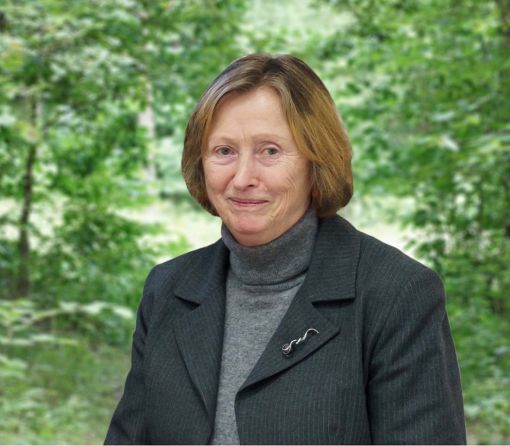
Prof. Gailienė is among the most influential European clinical psychologists who contributed to clinical psychology training, research, and practice in former post-communist East European countries. Her entire career was dedicated to the development of clinical psychology, and through her work, Prof. Gailienė demonstrated how even in an oppressive and politically difficult environment, it is possible to keep the integrity and work up to higher standards.
Congratulations to Robert Povilaitis, EFPA Executive Council member
July 4, 2022
We are very happy and congratulate Robertas Povilaitis(*), a member of the Lithuanian Association of Psychologists. Robertas Povilaitis was elected a member of the Executive Committee for a 4-year term at the General Assembly of the International Union of Psychological Science IUPsyS, which unites 93 national psychological associations, held on July 4, 2022.
(*) Robertas Povilaitis is EFPA Executive Council temporary member for 2022-2023.
_w292_h324_1.jpg)
Portugal
- 5th Congress of the Portuguese Psychologists in Association. September 2022
-
INEM receives Portuguese Psychology Award 2022 . September 2022
-
Open Letter to the President of the Portuguese Republic. August 2022
-
“.to poverty” (full stop to poverty). June 2022
_w340_h376_1.jpg)
Table of Contents:
- 5th Congress of the Portuguese Psychologists in Association
- INEM receives Portuguese Psychology Award 2022
- Open Letter to the President of the Portuguese Republic
- “.to poverty” (full stop to poverty)
Read more
5th Congress of the Portuguese Psychologists in Association
September 28-30, 2022
“Psychology Time” was the theme of the 5th Congress of the Portuguese Psychologists Association, that took place between the 28th and 30th of September. This was an event that brought together Portuguese psychologists and international guests and speakers in the city of Aveiro. Poverty and mental scarcity , virtual reality and various topics of interest to society were in debate. Some examples: 4-day working week, legalization of prostitution and Unconditional Basic Income.
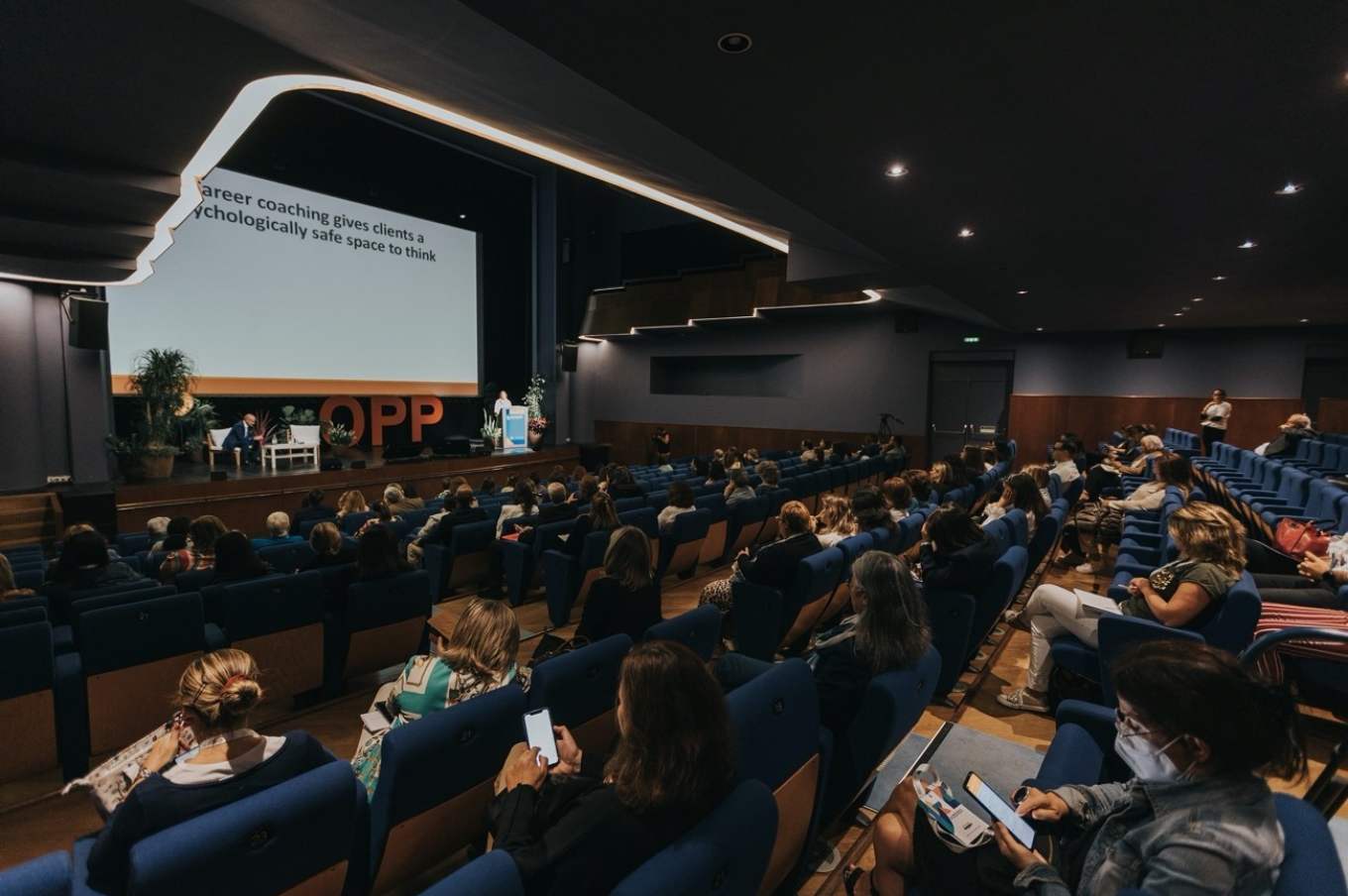
INEM receives Portuguese Psychology Award 2022
September 29, 2022
The Crisis Support and Intervention Center (CAPIC) of the National Institute of Medical Emergency (INEM) was awarded the Portuguese Psychology Prize 2022. A Prize awarded by the Portuguese Psychologists Association (OPP), which recognizes the growing importance of psychological intervention in the context of an emergency and the importance of supporting citizens in situations of special complexity and crisis.
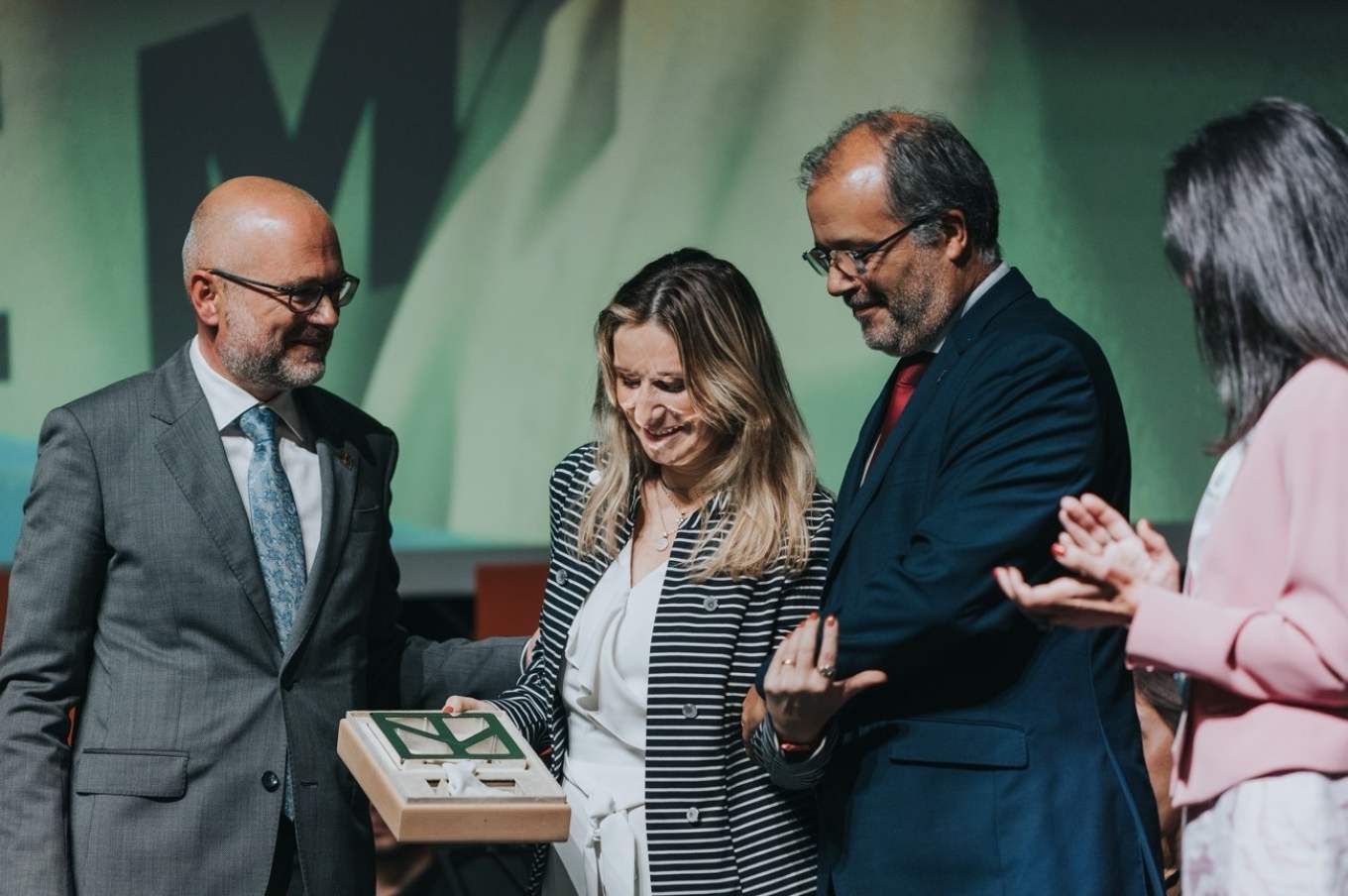
Open Letter to the President of the Portuguese Republic
August 29,2022
The President of the Portuguese Psychologists Association (OPP) wrote an Open Letter to the President of the Portuguese Republic Marcelo Rebelo de Sousa. Francisco Miranda Rodrigues highlighted the importance of psychologists in the last year, still marked by the pandemic and the beginning of a war, and explained the work carried out in this period. He also alerted to the urgency “of robust and immediate, simplified measures that increase citizens' access to psychology services from the first moment”, especially for children and young people.

The Portuguese Psychologists Association launched in June a campaign against Poverty. It is a work that aims at a set of contributions from psychological science and the profession to the eradication of poverty, framed in a broad and participatory debate with psychologists and with society. In a first phase, psychologists are being consulted about their role in eradicating poverty. The ideas collected will contribute to a strategic development plan based on four axes: civil society, decision-makers, psychologists, and national and international cooperation.


Sweden
950 psychologists give their view on the situation in the care of children and young people in a new report. August 2022
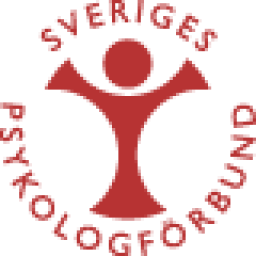
950 psychologists give their view on the situation in the care of children and young people in a new report
August 09, 2022
Source : https://www.psykologforbundet.se/aktuella-fragor/nyheter_3/nyheter/950-psykologer-ger-sin-syn-pa-situationen-inom-varden-av-barn-och-unga-i-ny-rapport/
The Swedish Psychological Association has conducted a survey in which 950 psychologists active in the treatment of children and young people give their views on the situation in care. The survey confirms that psychological treatment is not a priority in many places.
Only 16 percent of the psychologists within BUP state that patients are always allowed to see a psychologist for an initial assessment. Only a third of the psychologists in specialist care fully agree that they can work with evidence-based psychological treatment. Our survey also shows that it is difficult for psychologists to create understanding for improvement - one in five psychologists state that their manager does not have sufficient knowledge about psychological treatment.
_w366_h238_1.png)
United Kingdom
- The BPS has open applications for three new appointed trustees. October 2022
-
Mental health funding of £1.8m welcomed by NICE and MHRA to explore regulation of digital mental health tools. October 2022
_w340_h222_1.png)
The BPS has open applications for three new appointed trustees
October , 2022
The three new roles were introduced following changes to our Charter and Statutes after a successful member vote earlier this year. The appointed trustee roles will cover three specific areas to bring the necessary skills and experience needed to the Board of Trustees to ensure the society is well-led, well-run, and delivers maximum value for members in line with our Royal Charter. These areas are:
- Finance/Audit/Risk Management
- HR/People and Culture
- Business Leader/Growth
Applications are open until 20 November
Read more :
Mental health funding of £1.8m welcomed by NICE and MHRA to explore regulation of digital mental health tools
October 10, 2022
NICE and the MHRA have been awarded £1.8m funding by Wellcome over three years to explore and produce guidance on regulating digital mental health tools.
There has been a large increase in the number of digital mental health tools on the market in recent years. However, these products present regulatory challenges such as clarity around whether they are medical devices and, if so, which risk classification they would fall under.
Wellcome has therefore provided £1.8m of funding to help improve regulatory certainty and safety in this high growth, high impact area, focussing on producing guidance for appropriate, risk-proportionate regulation of digital mental health products.
_w292_h290_1.png)
Ukraine
- Ukrainian association runs hotline in different counties
-
Community of professionals of Ukraine in defense of the psychological health of people in difficult life situations
-
Eating behavior during wartime
_w256_h252_1.png)
Ukrainian association runs hotline in different counties
by Nadiia Diatel
From the first day of the war, we, the Ukrainian psychologists, have been providing psychological support for our society. It is an online format organized by volunteers who stay in safe conditions and have enough emotional resources for work. It is essential because people are rapidly changing locations due to increased risk to life. However, we realized that we need to find funding to help Ukrainians be more efficient and convenient. Therefore, the NPA launched a fundraising campaign and began looking for centralized funding.
Our Association receives funding from individuals and fellow associations. We use that money to supervise our psychologists who help people on the hotline and cover basic technical needs. Some of our partners suggest their service to us as trainers and supervisors. In June, we also received support from the United Nations Development Program in Ukraine. Their help allows us to work constantly. Technical support provided by Amazon.com makes online-working possible for our psychologists. All our team members are located in different parts of Ukraine and even abroad. Still, they can help our citizens every day using technology,” - says the President of the National Psychological Association of Ukraine, Valeriia Palii.
Community of professionals of ukraine in defense of the psychological health of people in difficult life situations
By Volodymyr Petukhov, Maryna Hrebeniuk.
The Division of Stress and Psychological Trauma of the National Psychological Association of Ukraine (DSiPT NPA) aims to create and maintain a single safe environment for professional communication between specialists and clients on issues of preventing the destructive impact of stress and psychological trauma on human life, in particular in the security and defense sector; support in difficult life situations; prevention of negative psychological manifestations and changes in behavior; creating conditions for the development of the resourcefulness of each individual to overcome the traumatic challenges of fate.
Eating behavior during wartime
Division of NPA "Psychology of eating behavior", the main goals of which are to promote: conducting research activities, psychodiagnostics in the field of psychology of eating behavior; prevention of the development of eating disorder; carrying out professional training, improving the qualifications of psychologists who provide psychological assistance to people with deviant eating behavior, etc.
In connection with the full-scale war of russia against Ukraine, to help people with eating disorders, a team of authors has developed the first issue of the "Eating disorder in Conditions of War" free of charge. On 07/27/2022, his presentation took place, at which more than 40 colleagues took part in the event and the subsequent discussion of the work. Сovers the following topics: human behavior as a target of hybrid warfare; stress and its effect on eating behavior; features of nutrition during stress; self-help techniques in war conditions. After the presentation, the division team announced the launch of a free support group on the topic of eating disorders. Every two weeks to this day, the support group is attended by people who have experienced difficulties with their relationship with food, and visitors report that they find it a resource for further recovery.
EACLIPT
EACLIPT: Missed our latest webinars? Watch it on YouTube!
EACLIPT : Missed our latest webinars? Watch it on YouTube!
Source: https://www.eaclipt.org/
- The concept of borderline personality disorder (BPD) was defined nearly 100 years ago, and its diagnosis has been part of clinical practice for almost 50 years. What have we learnt about treating BPD in the past century? This is the question that Prof. Svenja Taubner and Dr. Shelley McMain tackle in our spring webinar, stremed live on May 17 2022.
Watch on Youtube - Ever wondered how psychological treatments might get to the next stage and produce better outcomes? In this webinar, streamed live on Feb 17 2022, Prof. Claudi Bockting held a case for redefining psychopathology as a means to improve treatment results in clinical psychology. Watch how her presentation was discussed with Profs. Karekla, Fried and Botella now:
Watch on Youtube - In case you were not able to attend our latest webinar, streamed live at Nov 16 2021, on the question "What is the common ground for modern psychotherapy?" with Profs. Stefan Hofmann, Jacques Barber, Bruce Wampold and Paul Salkovskis, you now have the chance to follow the vivid debate on YouTube. Enjoy!
Watch on Youtube
_w394_h134_1.png)
EFPSA
- Past events
- Upcoming events
- Projects and news
_w850_h288_1.png)
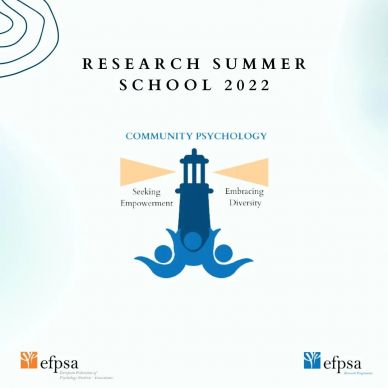
Research Summer School took place in July in Ptolemaida, Greece. During a one-week event, 32 students started conducting a one-year cross-cultural research project under the supervision of PhD candidates and postdoctoral researchers. Theme of this year's RSS was “Community psychology: Seeking Empowerment, Embracing Diversity.” Teams plan to meet in person in winter, and then they will present their research projects at the 37th EFPSA Congress.
Train the Trainers is an event where 16 students learn about non-formal education, to prepare and deliver training sessions, to facilitate discussions and activities, and they can become soft skills EFPSA Trainers. This year, TtT was hosted in Finland in August. Participants delivered their first sessions themselves, enjoyed the Finnish nature and were also lucky to see the northern light.
At the beginning of August, the Board of EFPSA met in Italy for their first In-Person Meeting. They discussed topics connected to fundraising, grant applications, green initiative and SII campaign PlanetA, the continuity and sustainability of EFPSA. They improved the interview and recruitment process for the Executive Board members as well as events policy, the procedure of the individual membership, the ownership of SII campaigns, and the application form for the Organising Committee. They started preparing workshops for the members of the Member Organisations and the Working Community, webinars open to all students, and activities connected to the 35th Anniversary of EFPSA this year. They also gave personal feedback to each other and reflected on their team practices in a collective feedback session.
Joint EB&MR Meeting is a statutory event for the Working Community members when they come together in the middle of the EFPSA mandate to evaluate the first six months and prepare for the second half of the term. This year, we are very excited to meet in Austria at the end of October. Besides two General Assemblies, we will host a lot of workshops, self-development training and working sessions. EFPSA members will also get a chance to learn more about Austria and to enjoy social activities together.
After the first In-Person Meeting in August and the Joint EBMR Meeting in October, the Board of EFPSA will meet for the third time in person for the second Board Meeting in winter. The Board will be finishing projects of the mandate, will be preparing for handover of their positions to their successors and for the EFPSA Congress.
The Congress is the biggest and most important for EFPSA as a Federation. Around 250 psychology students join in person and it additionally marks the switch of mandates. The Board and members of the Working Community of 2023-2024 will get elected. Students will get a chance to participate in lectures, workshops and plenary discussions related to the theme of the Congress “Unravelling psychology´s role in policy-making”. The Congress will be hosted in Portugal in April.
Projects and news
Social Impact Initiatives started new waves of the campaigns on destigmatisation of mental disorders - Mind the Mind in 15 countries, and 18 Local Coordinators of the Better Together. The Alive campaign will host webinars. Advocacy Team presented the Call to Action at the ECP Students' Day in Ljubljana, participated in international events such as Youth Action Week in Strasbourg and Engagement and development in humanitarian and fragile settings in Brussels, and got involved in the project EU Charter of Youth and Democracy. Research Programme launched their new blog. External Relations met with other European Healthcare Students’ Associations to discuss our joint events and initiatives. EFPSA also celebrates its 35th anniversary so online activities and social gatherings are being prepared. New Task Forces are being formed, and the Ethics Committee prepared a Sexual Harassment Policy that will be voted upon during the General Assembly in October.

